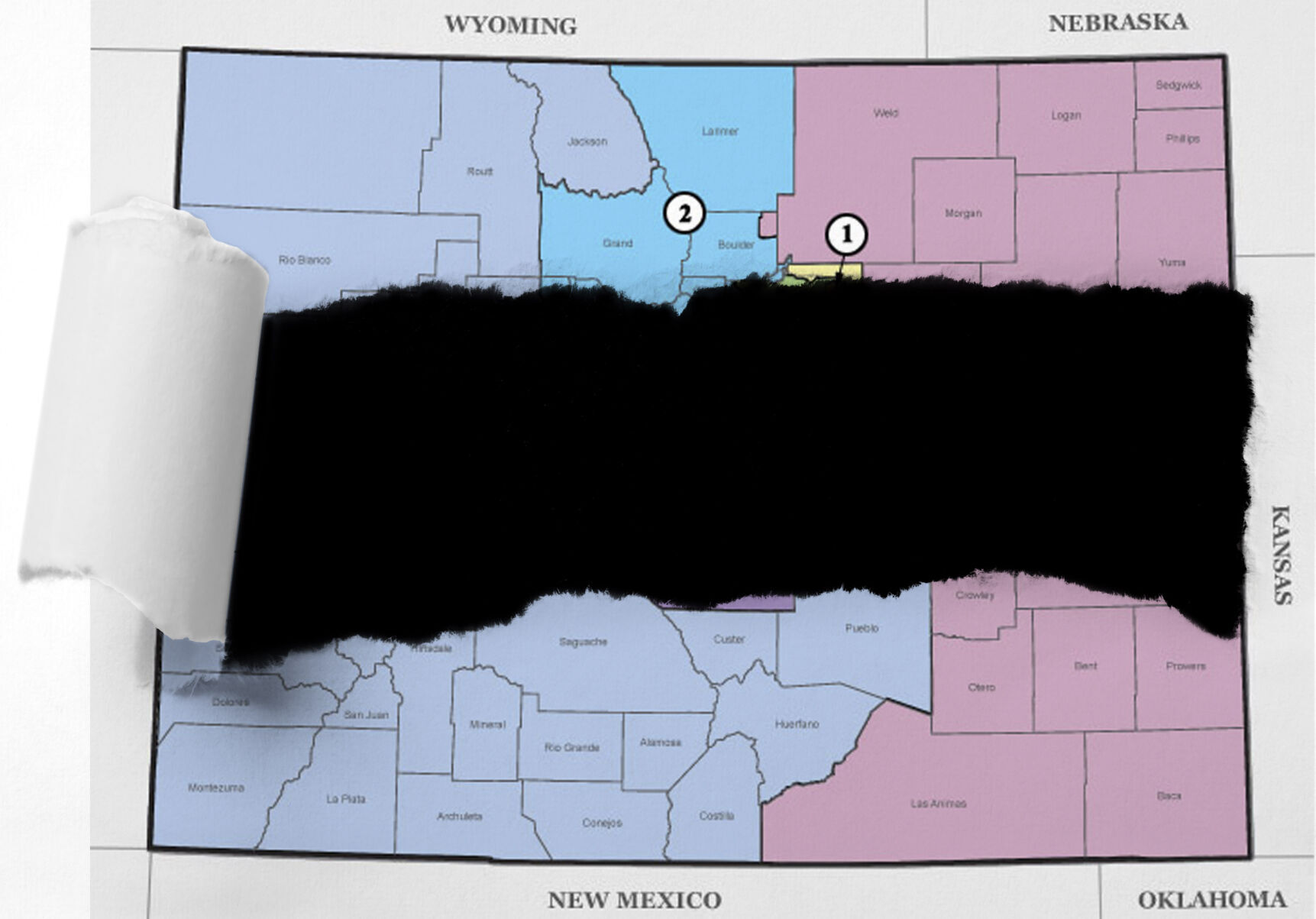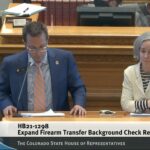State redistricting commissions rebuke lawmakers’ ‘unconstitutional infringement’ in census matter

Colorado’s two independent redistricting commissions have two words for state lawmakers: Hands off.
In legal briefs filed by the two commissions, they wrote that state lawmakers overstepped their boundaries when they quickly advanced a piece of legislation that would change the redistricting process overwhelmingly approved by voters in 2018.
Now they want the Colorado Supreme Court to draw a bright line, insulating the two commissions from the rest of the state’s political class.
The legislation would define for the commission what constitutes “necessary census data,” alter some of the commissions’ meeting schedules and narrow the way courts could evaluate the commission’s adherence to the constitutional requirements.
The goal of the legislation is to avoid missing deadlines later in the year, even though the U.S. Census Bureau’s decennial census data has been delayed months due to problems caused by the global coronavirus pandemic.
The legislation would instruct the commissions to use survey and estimate data to begin mapping right away, instead of waiting for the decennial census data to begin mapping in the fall. The legislation would mean elections officials have enough time to prepare for the 2022 election cycle. It would also mean politicians can begin preparing for their campaigns.
Senate Bill 21-247, the legislators’ proposed changes, is sponsored by House and Senate leadership from both parties: Senate majority leader Stephen Fenberg, Senate minority leader Chris Holbert, House majority leader Daneya Esgar and House minority leader Hugh McKean.
Because the proposed changes would affect voter-approved constitutional provisions, the legislature sent the law to the Colorado Supreme Court as “interrogatories,” a rare legislative maneuver to get judicial review before putting a law on the books.
In the new filing in the interrogatory case, attorneys for the legislative redistricting commission called the efforts “unconstitutional infringements and interference by the legislative branch,” and urged the state high court to, “find the legislative intrusion on the Legislative Commission’s constitutional mandate is unconstitutional.”
While state lawmakers were drafting and passing the legislation over the past few weeks, the redistricting commissions were only beginning to organize themselves, having convened for the first time in March. The commissions only this week hired their attorneys, and did not take a position on the legislation before Friday’s filings.
But they also began to consider ways to meet the deadlines coming later in the year. The congressional redistricting commission, tasked with redrawing the state’s congressional map, including adding an eighth new district for the upcoming decade, adopted a plan this week to use some of the same alternative data sources proposed in the legislation.
“Apparently believing that the Redistricting Commissions were not moving fast enough to be able to complete redistricting by the end of the year,” the filing goes on, “and without consulting the Redistricting Commissions, Senate Bill 21-247 was introduced.”
The legislative commission, tasked with redrawing state legislative districts for the next decade, has considered the same plan adopted by the congressional commission.
The issue, the commissions hammer in their filings, is that Colorado voters approved a redistricting process that is free from interference from legislators and the rest of the state’s political class. Lawmakers deciding how the commissions will proceed runs afoul of that goal, the commissions have argued.
Gov. Jared Polis, Secretary of State Jena Griswold and Attorney General Phil Weiser came out in support of the lawmakers’ proposal as well.
“If the political branches control what data is used by the Legislative Commission, one of the primary purposes of Amendment Z, placing redistricting into the hands of a nonpartisan Legislative Commission and out of the control of the political branches, is undermined and reduced to a hollow shell of meaningless words,” the legislative commission’s filing summarized.
The state Supreme Court will hear oral arguments on the interrogatories Monday.
Jessika Shipley, the lead staff member for the commissions, said members will continue to adopt and carry out their plans, unless and until the court tells them not to.












